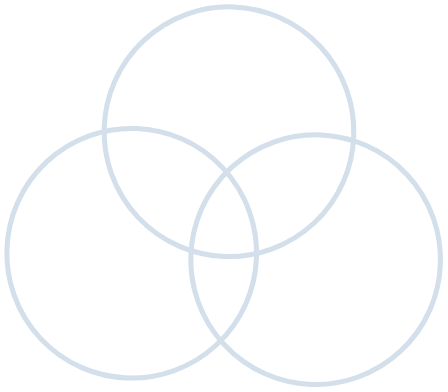

History
Intent
History helps pupils gain a coherent knowledge and understanding of their country’s past and that of the wider world which is brought alive through investigating and asking questions about the past, present and future. We endeavour to inspire pupils’ curiosity, leading them to ask relevant questions and think critically when searching for answers. History enables pupils to explore cause and consequence, identifying catalysts for change, the effects on societies and reasons for developments. Through studying History, we introduce pupils to diversity within societies and the relationships between different groups over time, recognising similarities and differences between periods in history and see how the past has shaped the present.
Implementation
To ensure full topic coverage, the school uses ‘Dimensions’ as a basis for our History teaching. This is a whole school primary curriculum that creates continuity and progression and adaptions are made, as necessary, to meet the needs of all of our pupils. The objectives of the National Curriculum are cross-referenced to the ‘Learning Means the World’ Curriculum and identified gaps are taught through NC specific history units.
The use of timelines are particularly important in establishing the sequence of, and connections between, different periods of history. It does not have to be taught in chronological order as long as pupils will learn to understand the concept of chronology and know where the era, person or event they are studying fits on the historical timeline.
Our Skills Ladder acts as an incremental model for skills acquisition and provides a benchmark for each year group, with teachers using the skills statements as a model for progression throughout the school. Pupils’ learning, when linked to the Skills Ladder, enables them to make good progress in their learning. Our Knowledge Building Pillars form a robust model of progression for knowledge and understanding, helping pupils to assimilate, synthesise and apply their learning within different historical contexts. This also means that concepts are cumulatively built upon including Continuity and Change.
We teach local, national and international history.
Local History There are opportunities for pupils to learn about local history at different levels, specifically in ‘Unity in the Community’, ‘You’re Not Invited’ and 'Time Team', where the learning builds across the phases. The ‘Making it Personal’ section in many of the history thematic units in all phases also focuses on local history links as a starting point.
National History is again linked to the ‘Making it Personal’ section in many of the history thematic units. Depending on your location, there may be links through specific themes, such as 'Cry Freedom", ‘You’re Not Invited’ and ‘Wars of the World’.
International History provides many opportunities to study ancient civilisations on a worldwide scale, such as Benin, Mayans and Ancient Greece.
Impact
As a result of our History teaching at Trinity CE Primary School you will see:
- Engaged children who are curious and inquisitive with a love of learning
- Confident children talking about chronology, cause and effect and what we have learnt from the specific period and improved to enhance life today, making sense of our changing world.
- Children applying their historical understanding to a range of situations successfully.
- Learning is tracked and monitored through discussions, displays, photographic evidence and children’s work to ensure all children make good or better progress.
- Kahoot Quizzes used for the purposes of diagnostic assessment, as well as checking recall are the main vehicle for assessment and recall.
Subject lead: Sarah Williams
Curriculum Overview
Please click on the attachment below for the History curriculum overview
